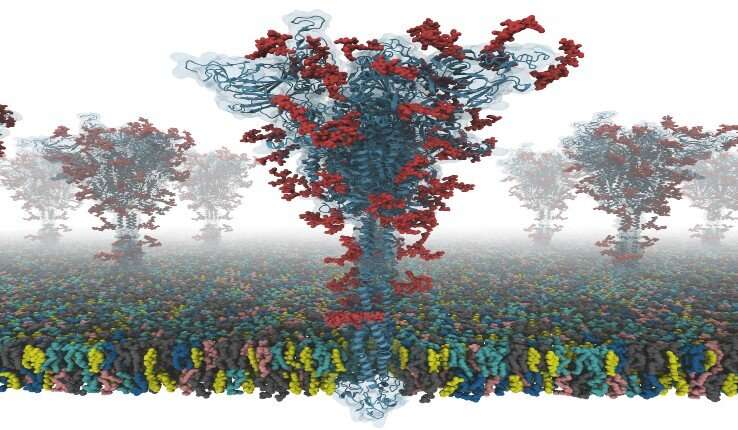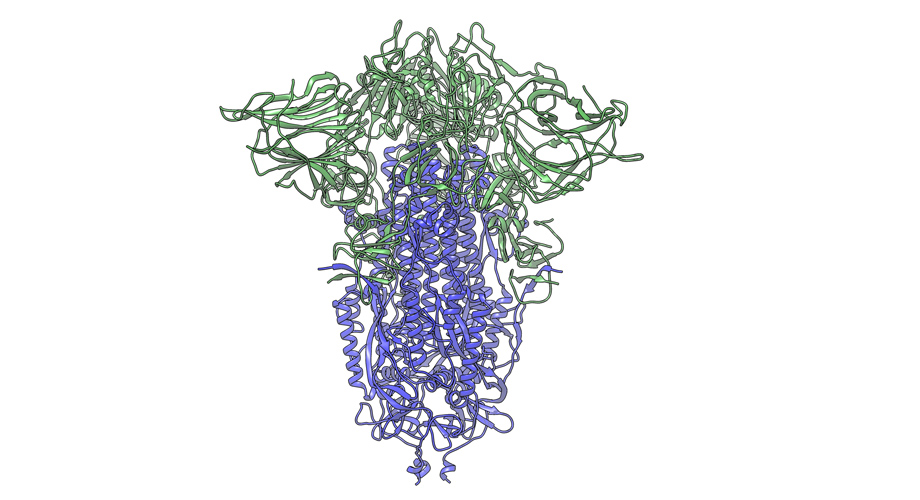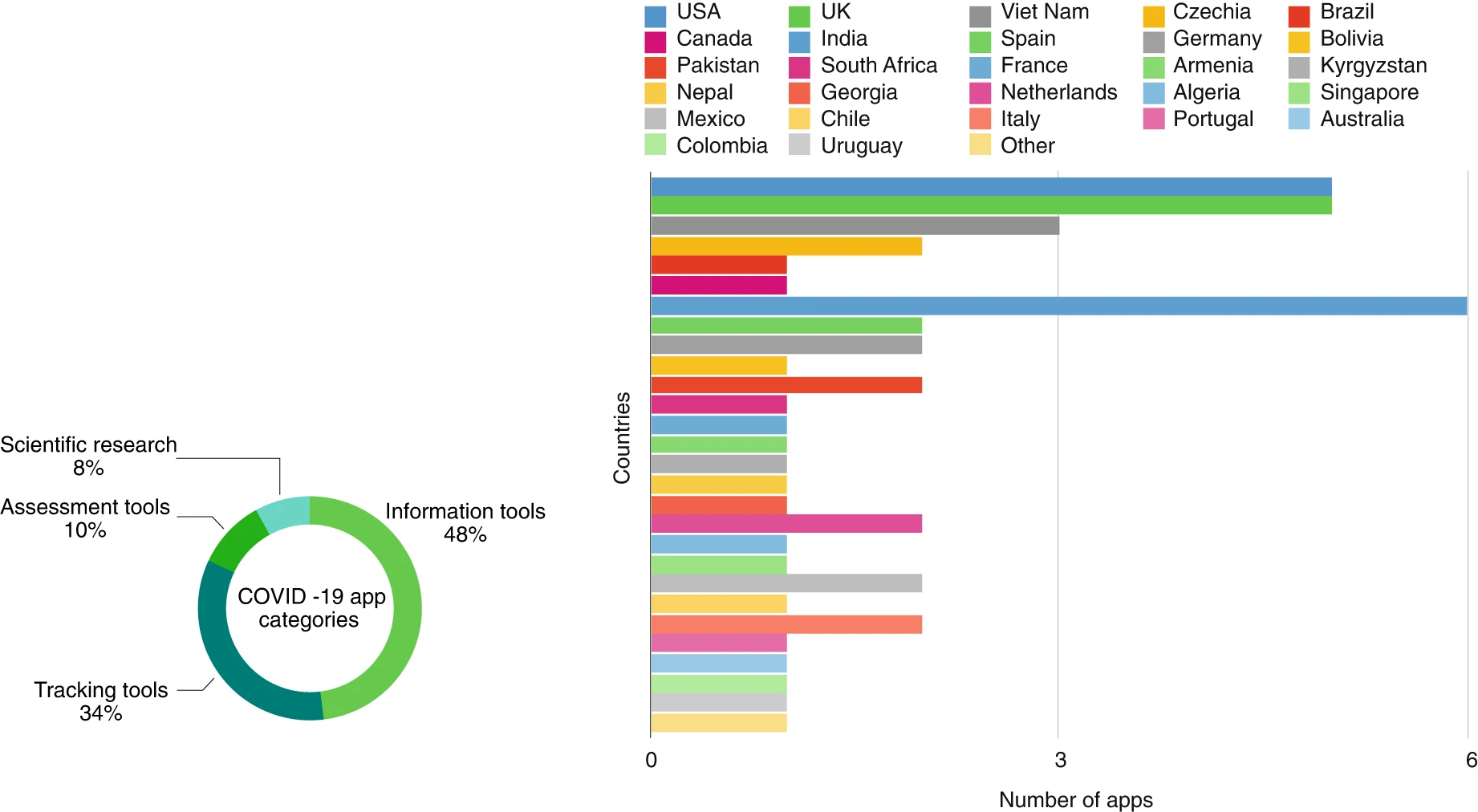Por quê a ciência aberta é fundamental no combate a COVID-19 - OECD: Em emergências globais como a pandemia do novo coronavírus (COVID-19), as políticas de ciência aberta podem facilitar o livre fluxo de pesquisas de dados e ideias e, assim, acelerar o ritmo de pesquisas críticas para o combate à doença.
Embora a colaboração e a troca global de dados de pesquisa tenha atingido níveis sem precedentes, os desafios permanecem. A confiança de pelo menos alguns dos dados é relativamente baixa e a falta de padrões específicos, coordenação e interoperabilidade, bem como qualidade e interpretação dos dados ainda são questões pendentes.
Para fortalecer a contribuição da ciência aberta em resposta ao COVID-19, os responsáveis políticos precisam garantir modelos adequados de governança de dados, padrões interoperáveis, acordos sustentáveis de compartilhamento de dados envolvendo os setores público e privado e a sociedade civil, incentivos a pesquisadores, infraestruturas sustentáveis, capacidades








